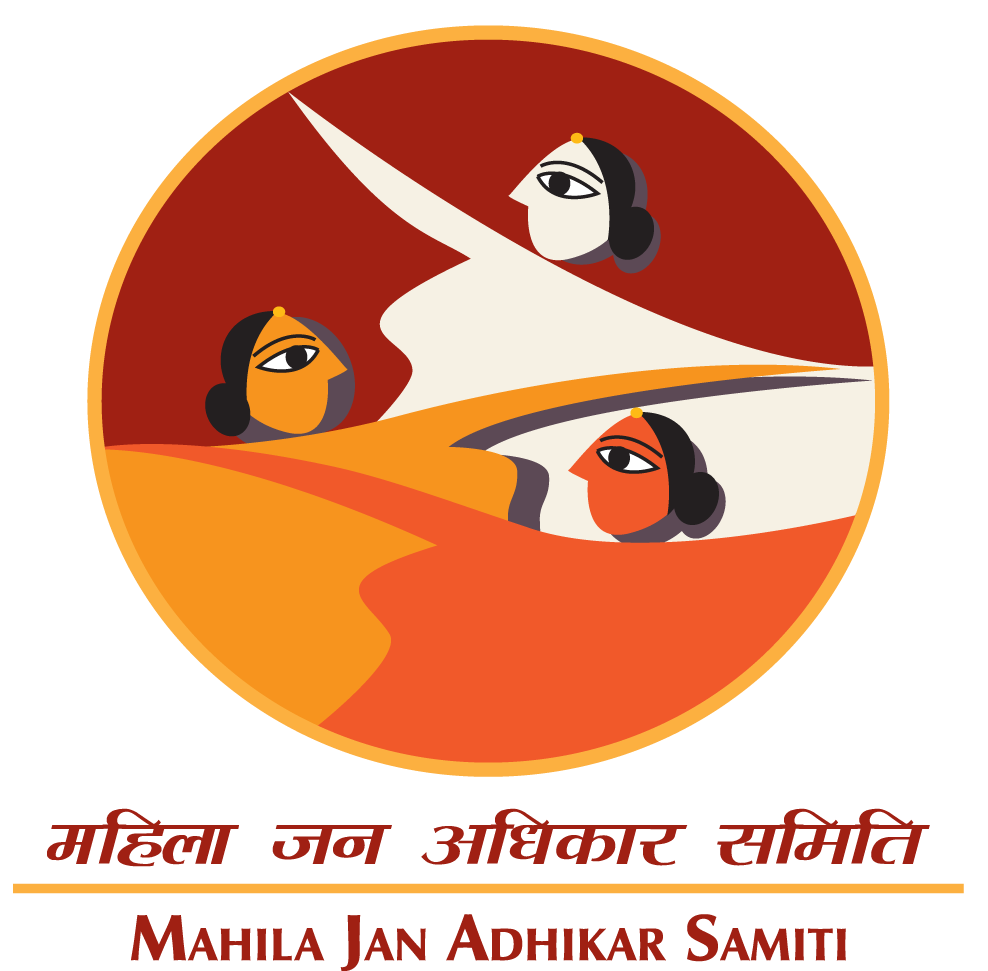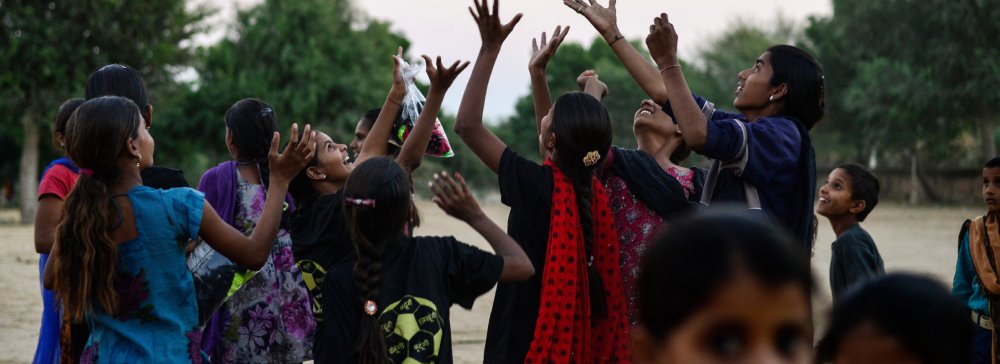The Empowerment through education and protection (EDP) initiative aims to address the significant barriers faced by rural adolescent girls, particularly those from marginalized backgrounds. The program began in response to the active involvement of adolescents against social injustices, underpinning the need for formal education as a pathway to opportunity and social mobility. EDP encompasses both formal and informal educational interventions, addressing critical issues such as early child and forced marriage (ECFM), gender discrimination, and systemic barriers to education. Through the program, MJAS has successfully reduced dropout rates among girls aged 15-18, empowering them to make informed life choices and promotes the motto – “Girls Deserve Equal Chances Too – every girl should be in school.”
The multifaceted approach of MJAS for empowering girls aligns with the New Educational Policy (NEP 2020) of the country by providing comprehensive support that includes
- Linking up with scholarships and entitlements
- Strengthening ownership and accountability (with VLCPC, SMC’s, SDMc’ &, family engagement )
- Swataleem’s Science Module & life skills module (Saath-Saath Susangat Jeevan)
- Theatre in Education and comic workshops
- Advocacy against child marriage
The integration of health and nutrition initiatives, Menstruation Management, Sexual and Reproductive Health, Prevention from Child Sexual abuse, further supports the holistic development of these young women, ensuring they are physically and mentally prepared to pursue their education and career goals.




 indiainternets.com
indiainternets.com partnering4change.in
partnering4change.in